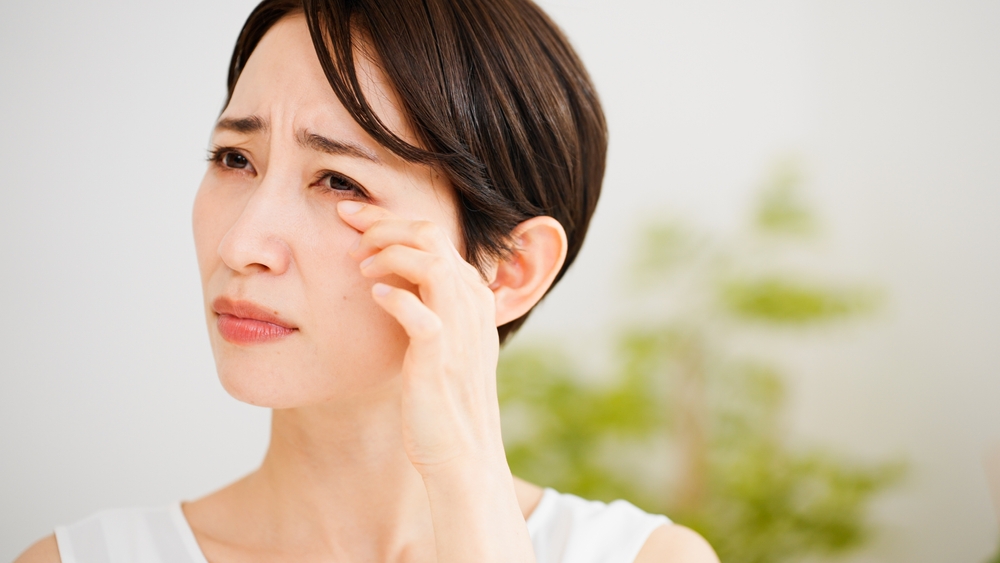
Dry eye syndrome affects millions of people worldwide, yet it is often misunderstood and misdiagnosed. Many patients experience chronic discomfort—ranging from dryness and irritation to blurred vision and a gritty sensation—but are left frustrated when they don't find relief through typical treatments. So why is dry eye syndrome so frequently misdiagnosed, and what can be done to ensure the right treatment?
What is Dry Eye Syndrome?
Dry eye syndrome occurs when your eyes either don’t produce enough tears or when the tears evaporate too quickly. Tears are essential for keeping your eyes lubricated and comfortable. When they are insufficient, the surface of the eye becomes irritated and inflamed, leading to discomfort and vision problems. Common symptoms include:
Stinging or burning sensations
Redness
Light sensitivity
Blurred vision
Grittiness or the feeling of something in the eye
Despite its prevalence, dry eye syndrome is often confused with other eye conditions, leading to improper diagnosis and treatment.
Why is Dry Eye Syndrome Often Misdiagnosed?
Many symptoms of dry eye mimic those of other eye conditions. For example, allergies, conjunctivitis (pink eye), and even digital eye strain can all cause red, irritated, or watery eyes. This overlap can lead healthcare providers to treat the wrong issue, focusing on relieving symptoms rather than addressing the underlying cause of dry eye.
Many eye care professionals look at tear quantity but may overlook the quality of the tear film. The tear film is made up of three layers—oil, water, and mucus. An imbalance in any of these layers can cause dry eye symptoms. A common issue is Meibomian Gland Dysfunction (MGD), where the oil glands in the eyelids don't produce enough oil to prevent tear evaporation, a factor often missed in a standard eye exam.
Artificial tears are one of the most commonly prescribed treatments for dry eye. However, these only provide temporary relief and do not address the root cause, especially if the issue is related to MGD or inflammation. This reliance on over-the-counter drops may delay more appropriate, longer-lasting treatments.
Getting the Right Diagnosis
The first step in effective treatment is a proper diagnosis. At City Eyes Optometry Center, we conduct comprehensive dry eye evaluations that go beyond surface-level symptoms. By using advanced diagnostic tools, we can determine whether your dry eye is caused by tear film imbalance, Meibomian Gland Dysfunction, or other underlying factors. This ensures that you receive targeted, effective treatment rather than just masking symptoms.
An Effective Treatment for Dry Eye Syndrome
For patients who have struggled with traditional treatments, Intense Pulsed Light (IPL) therapy is emerging as a highly effective solution, especially for those suffering from Meibomian Gland Dysfunction. IPL is a non-invasive treatment that uses controlled light pulses to reduce inflammation and improve the function of the oil glands in the eyelids, which are critical for maintaining a healthy tear film.
How IPL Works
Targets Inflammation: Inflammation is a significant contributor to dry eye syndrome, particularly for patients with MGD. IPL helps to reduce this inflammation, allowing the Meibomian glands to function properly.
Unclogs Oil Glands: IPL therapy can break up blockages in the Meibomian glands, allowing the natural oils to flow freely, which helps slow the evaporation of tears and restore a healthy tear film.
Long-Lasting Results: Unlike artificial tears or temporary medications, IPL offers a long-term solution by addressing the underlying causes of dry eye. After a series of treatments, patients often report significant relief from their symptoms and improved quality of life.
Don’t Let Dry Eye Go Untreated
Dry eye syndrome is more than just an inconvenience; when left untreated, it can cause long-term damage to the surface of the eye, leading to more severe conditions. At City Eyes Optometry Center, we’re committed to helping our patients find lasting solutions to their eye care needs.
If you’ve been suffering from chronic dry eye symptoms, contact City Eyes Optometry Center to learn more about how we can help manage your symptoms and restore your eye health. Visit our office in Sherman Oaks, California, or call (818) 960-1300 to book an appointment today.



